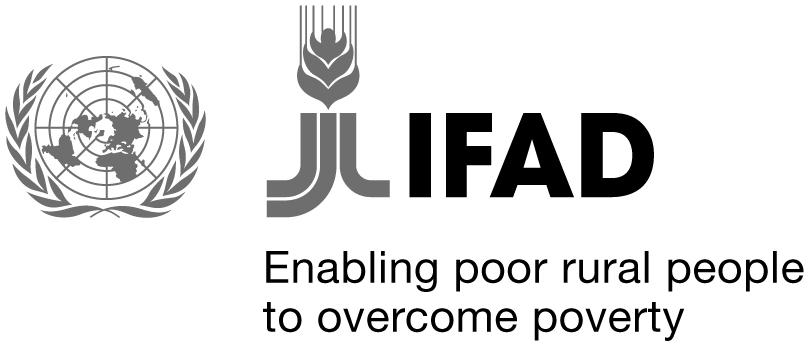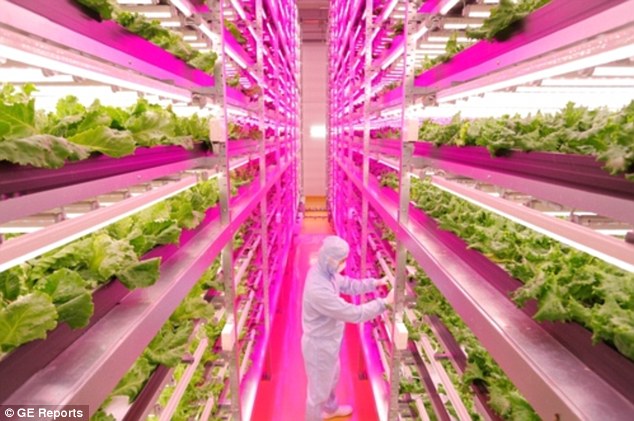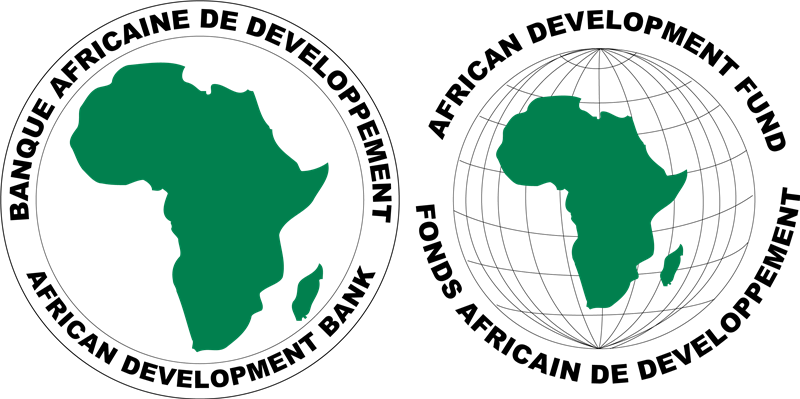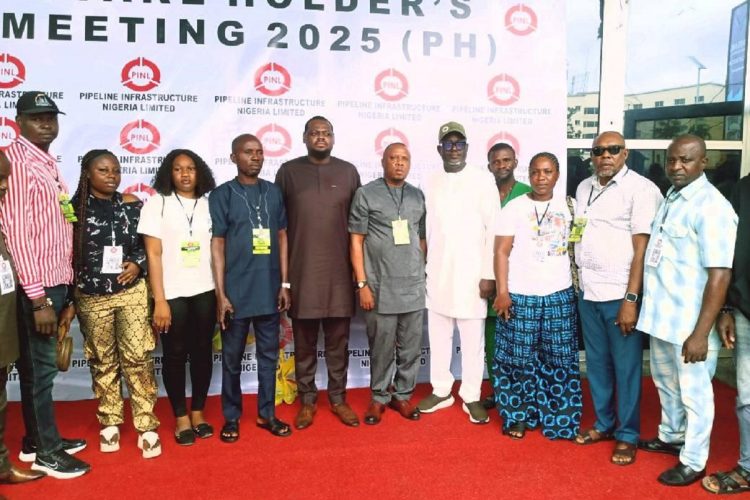
Rivers Expresses Commitment To IFAD-Assisted Programme
July 11, 2014
Japanese plant experts produce 10,000 lettuce heads a day in LED-lit indoor farm
July 14, 2014The African Development Bank, AfDB, says it would set up a Public Private Partnership, PPP, Resource Centre in Abuja in support of government’s efforts to bridge the infrastructure gap in the country.
The AfDB Private Sector Specialist, Emmanuel Akinwunmi, said at the 4th National PPP stakeholders Forum in Abuja on Thursday that the bank would support the drive toward improved infrastructure delivery and a more robust and efficient PPPs.
Mr. Akinwunmi said the bank recently shared ideas with colleagues in South Africa on how it could set up a PPP advisory hub, as there were commendable initiatives in Nigeria at all levels of government to realize that objective.
The resource centre, he said, would provide a forum for the Federal Government, ministries, states and even local governments to interact with the bank and share available resources.
Mr. Akinwunmi said that PPP was a sure way to engage the private sector finances into developmental projects in the country.
According to him, this would bring about cost effectiveness in execution of projects, speedy service delivery, and maintenance in the system, particularly at this time that Nigeria and the African continent were still confronted with huge infrastructure deficit.
“Nigeria’s Integrated Infrastructure Master plan needs about $2.9 trillion over the next 30 years to close the infrastructure gap. This figure is scary, but we will go from one step to the other and bring it down,†Mr. Akinwunmi said.
While commending the Infrastructure Regulatory Concession Commission for organising the forum, he urged participants to make contributions that would be of benefit to both the government and the private sector.
The West Africa Territory Advisory Leader, Price Waterhouse Copper, PWC, Faruok Gumel, said Africa’s infrastructure deficit was estimated at $38 billion per year.
He said that Nigeria, despite being the largest economy in Africa, with GDP of $509.9billion in 2013, was also experiencing huge challenges in the area of infrastructure, with about $630 billion estimated as infrastructure investment requirement for the country for between 2011 and 2020.
“(With) the National Planning Commission’s infrastructure master plan, Nigeria would require $26 billion yearly to deliver pipeline of priority projects in the first five years of the master plan,†Mr. Gumel said.
He said it was expected that the infrastructure spending in Nigeria would grow from $23 billion to $77 billion in 2025, according to the projection in the 2014 study conducted by PWC and Oxford Economics study.
To bridge the prevailing infrastructure gap in the power sector alone, he said an estimated $10 billion investment would be required annually over the next 10 years.
Underlining the need for collaboration with the private sector, Mr. Gumel said government alone would not be able to fund infrastructure development because of the huge amount involved in the process.
Source: Premium Times









